PHPStorm showed that all the variables from other files, both required and included, are undefined. I found this solution here, but after I disabled that option Ignore 'include' and 'require' statements, the IDE ignored all undefined variables.
For example, I have a file a.php with content $name = 'Bob', and file b.php, which require the file a.php. When I type echo $name in file b.php it works as expected and displays 'Bob'. The IDE, however, highlights the variable $name claiming it's undefined. If I disable that option 'Undefined variable' - Ignore 'include' and 'require' statements, the IDE stops highlighting it.
With that option I can now write any variables, for example $sdadasdasdas in file b.php and the IDE doesn't highlight it.
Can PHPStorm understand which variables are set in included/required files and which ones are not?

